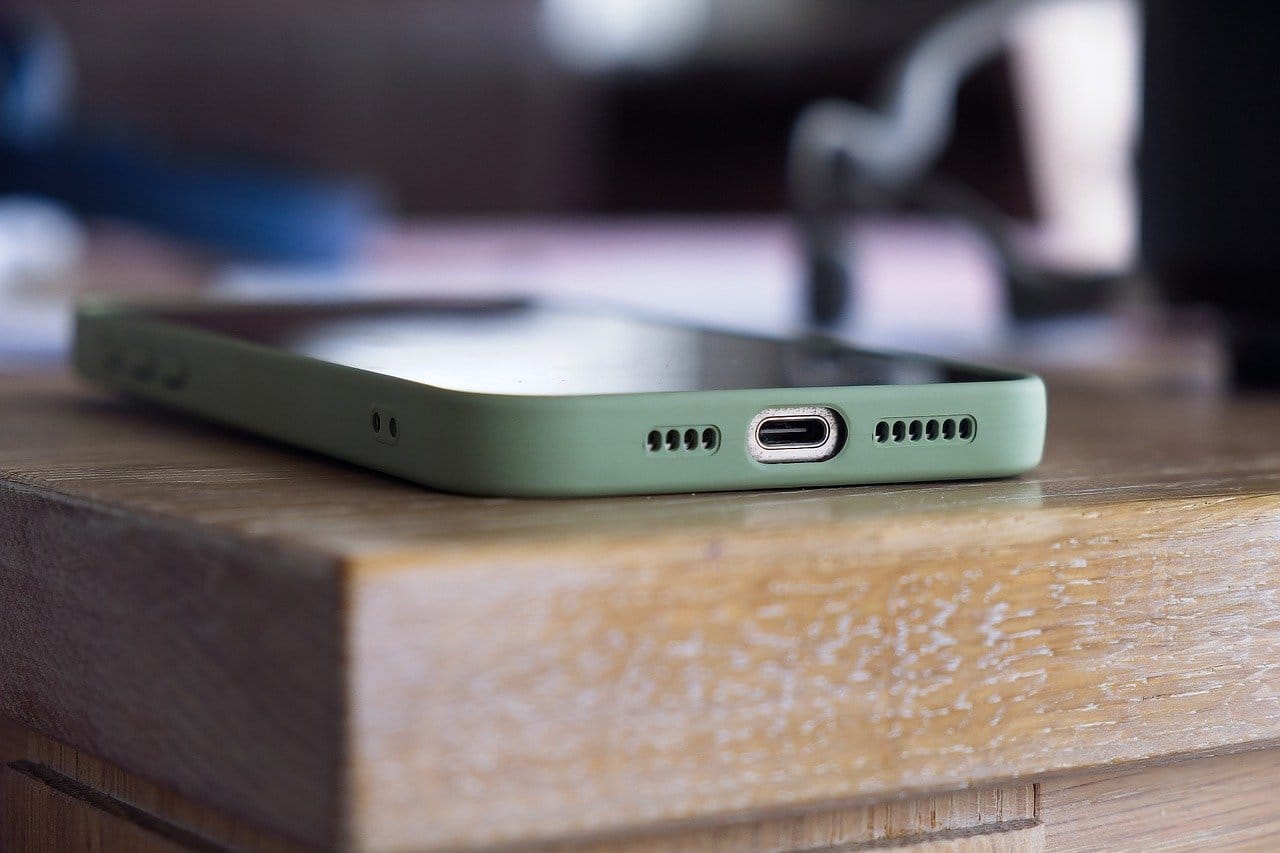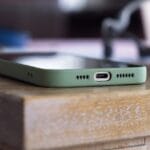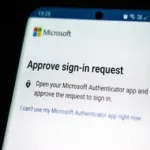Charging our iPhones properly and maintain their battery health, follow these tips:
Apple’s Safety Recommendations
1. Use Genuine Accessories
- Use an Apple-certified Lightning cable and charger with the “Made for iPhone” label.
- Avoid using cheap, non-certified accessories as they may damage your battery.
2. Enable Optimized Battery Charging
- Go to Settings > Battery > Battery Health & Charging and turn on Optimized Battery Charging.
- This feature reduces wear by learning your charging habits and pausing charging at 80% until needed.
3. Charge in a Cool Environment
- Avoid charging your iPhone in hot or sunny areas, as heat is harmful to the battery.
- Do not charge under direct sunlight or near heat-emitting appliances.
4. Avoid Overheating
- If your iPhone gets warm during charging, remove the case.
- Do not use your phone for demanding tasks (like gaming) while charging.
5. Follow Safe Charging Practices
- Keep the battery level between 20% and 80% for day-to-day use.
- It’s okay to charge fully occasionally, but avoid letting it drop to 0% often.
6. Fast Charging Tips
- If you use a fast charger (20W or higher), only fast-charge when necessary to reduce heat exposure.
- Use a slower charger for overnight or long charging sessions.
7. Unplug After Fully Charged (Optional)
- Modern iPhones stop charging once they hit 100%, but unplugging when fully charged can help avoid minor heat buildup.
8. Keep iOS Updated
- Ensure your iPhone runs the latest iOS version to optimize battery management features.
All of the above are the common tips to charge our iPhones, but what about:
Disconnect WiFi at Night Sleep With the Phone in Airplane Mode in Another Room
Yes, what about if you leave charging your iPhone overnight?
Charging our phones overnight is common. However, this seemingly harmless routine comes with potential risks to both your device’s safety and longevity. Even so, Apple advises charging your phone overnight, you must have some safety considerations, such as making sure “that we need to make sure we’re not charging our phone somewhere where it’s going to overheat.”
Remember, That’s what Optimized Battery Charging is all about.
But be careful not to fall asleep on your phone; it is all about good ventilation for the phone while charging. (TIP 1 and TIP2)
The Risks of Sleeping with Your Smartphone
Our smartphones have become essential parts of our daily lives, often staying by our side even while we sleep. However, having your phone so close at night poses risks beyond convenience, affecting both sleep quality and overall health.
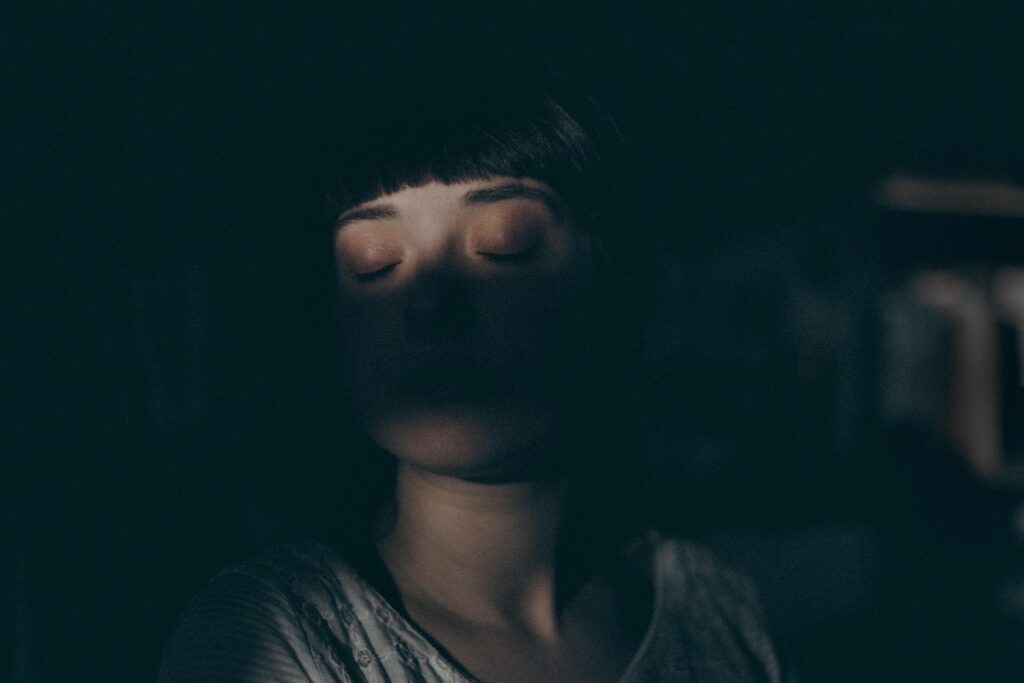
Disruption of Sleep Patterns
The urge to check notifications, reply to messages, or scroll through social media can delay sleep, cutting into valuable rest time. Studies from the Journal of Clinical Sleep Medicine show that the blue light from screens disrupts melatonin production, the hormone responsible for regulating sleep. This can make falling asleep harder and may even worsen insomnia.
Impact of Blue Light
Smartphones emit blue light, which interferes with melatonin and shifts your natural sleep rhythm. Research shows that blue light exposure before bed can reduce melatonin production by as much as 85%, leading to sleep difficulties and prolonged wakefulness.

Although it is environmentally friendly, blue light can affect your sleep and potentially cause disease. Until the advent of artificial lighting, the sun was the major source of lighting, and people spent their evenings in (relative) darkness. Now, in much of the world, evenings are illuminated, and we take our easy access to all those lumens pretty much for granted.
Harvard Medical School
Effects of blue light and sleep
Blue light, especially at night, suppresses melatonin secretion more than other light types. A study by Harvard researchers found that 6.5 hours of blue light exposure suppressed melatonin for twice as long as green light and shifted circadian rhythms by three hours compared to one and a half hours for green light.
Sleep Interruptions
Incoming calls, texts, or app notifications can disrupt your sleep if your phone isn’t silenced. Even vibrations or the light from the screen can wake you during light sleep phases, leaving you feeling groggy and less alert the next day.
Psychological Effects

Young adults who make particularly heavy use of mobile phones and computers run a greater risk of sleep disturbances, stress, and symptoms of mental health. “Public health advice should, therefore, include information on the healthy use of this technology,” says researcher Sara Thomée from the Sahlgrenska Academy at the University of Gothenburg, Sweden.
Electromagnetic Radiation Concerns
While the long-term effects of electromagnetic fields (EMFs) from phones are still debated, some research suggests potential risks like brain tumors or fertility issues. Keeping your phone out of the bedroom is a simple precaution to reduce prolonged exposure to these fields while you sleep.
Overheating Risks
Charging your phone in places where heat can’t escape, like under pillows or blankets, increases the risk of overheating. The heat generated during charging needs a way to dissipate, and when blocked, it can damage your battery and, in extreme cases, pose a fire hazard. A firefighter from Kent Fire Rescue highlighted this danger in a viral video, cautioning against using cheap or faulty chargers, as they can easily overheat and start fires while you sleep.
Battery Degradation
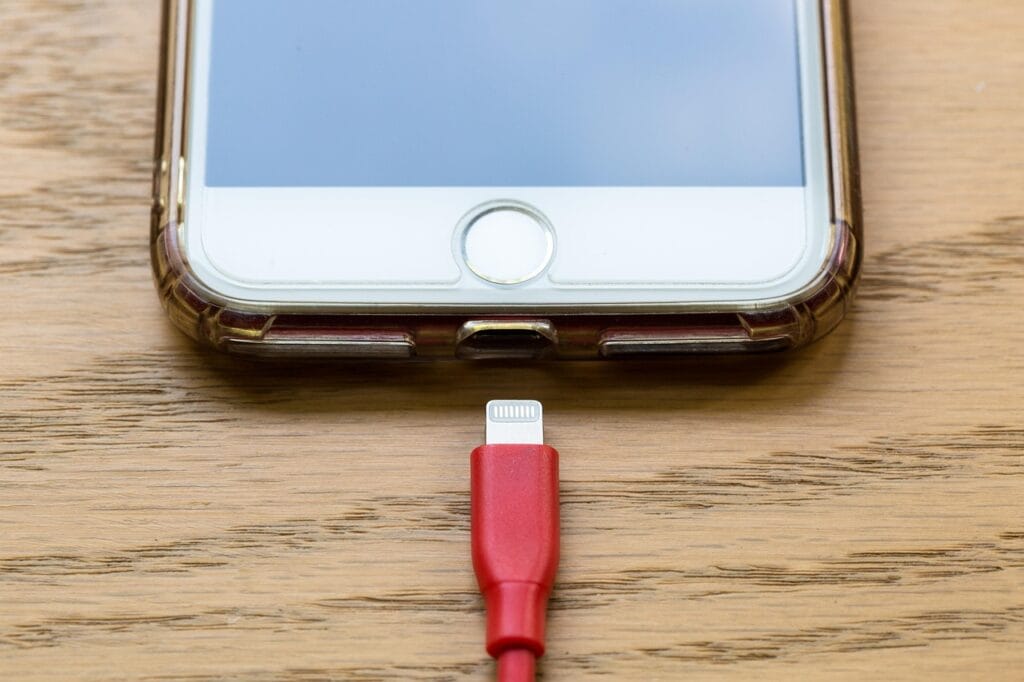
Leaving your phone plugged in for extended periods, especially overnight, can cause gradual battery damage. While modern smartphones stop charging once they hit 100%, staying plugged in too long can still reduce your battery’s long-term health, leading to more frequent charges and shorter battery life over time.
Fire Hazards
Charging your phone in poorly ventilated areas can increase the risk of fire. Studies from the UK’s Electrical Safety First organization show that over half of electrical fires linked to devices were caused by faulty chargers or overheating during overnight charging. Non-certified chargers are particularly dangerous as they often fail to meet safety standards.
Q&A: Apple’s Safety Recommendations for charging our iPhones
Q1: Is it safe to charge my iPhone overnight?
Yes, modern iPhones are designed to stop charging once they reach 100% to prevent overcharging. However, ensure your phone is placed in a well-ventilated area while charging and avoid placing it under pillows or blankets to reduce overheating risks.
Q2: Does charging my phone to 100% damage the battery?
Charging to 100% occasionally is fine, but frequent full charges may lead to faster battery wear. To maximize battery health, try to keep your battery level between 20% and 80% for daily use, and enable the “Optimized Battery Charging” feature in your settings.
Q3: Can I use third-party chargers with my iPhone?
You should only use Apple-certified chargers with the “Made for iPhone” label. Non-certified accessories can damage your battery, lead to overheating, or even pose safety risks like electrical fires.
Q4: Why does blue light from my phone affect my sleep?
Blue light suppresses melatonin production, disrupting your natural sleep cycle and making it harder to fall asleep. It’s best to enable Night Shift or use blue-light blocking glasses in the evening and avoid screen use before bed.
Q5: Are there health risks from sleeping with my phone near me?
Sleeping close to your phone can lead to sleep disruptions due to notifications and electromagnetic radiation exposure. To minimize risks, use Airplane Mode, silence notifications, and charge your phone in another room overnight.
Conclusion for charging our iPhones
Taking proper care of your iPhone and being mindful of your charging habits can significantly extend your device’s lifespan and maintain its performance. Apple’s safety recommendations, such as using genuine accessories and enabling Optimized Battery Charging, provide practical steps to ensure safe and efficient use. At the same time, addressing concerns like blue light, overheating, and electromagnetic radiation can improve your overall well-being and promote better sleep hygiene. By following these tips, you can enjoy the convenience of your smartphone while safeguarding your health and device safety.


